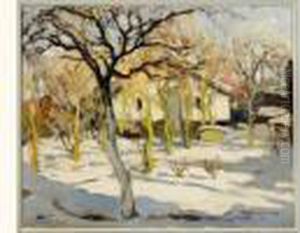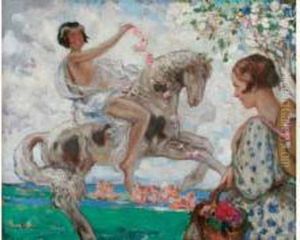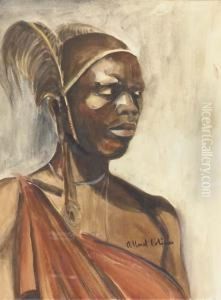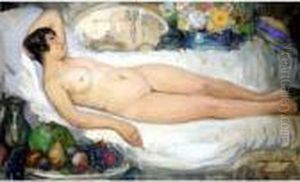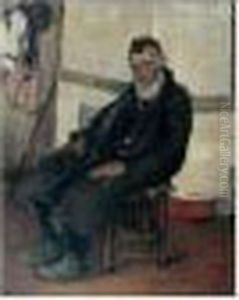Fernand Allard L'Olivier Paintings
Fernand Allard L'Olivier, born on March 10, 1883, in Tournai, Belgium, was a noted painter associated with the expressionist movement. His early work was influenced by Impressionism, but he eventually developed his own style, characterized by a vibrant use of color and a tendency to depict scenes of everyday life with a certain emotional intensity.
Educated at the Academy of Fine Arts in Tournai, he moved to Brussels to continue his artistic training and soon became part of the city's burgeoning art scene. His work began to gain recognition, and he participated in various exhibitions, showcasing his ability to capture the spirit of the Belgian people and landscapes.
In the 1920s, Allard L'Olivier's oeuvre underwent a significant transformation after a trip to the Belgian Congo, now the Democratic Republic of Congo. The experience profoundly affected him, and he started incorporating African themes and elements into his art, a rarity at the time among European artists. This period is considered by many as the pinnacle of his career, as he created a series of paintings that depicted the Congolese people and their environment with a mix of fascination and respect, albeit viewed through a colonial lens.
His African works were met with both acclaim and controversy; they were praised for their aesthetic quality and criticized for their exoticism and portrayal of colonial subjects. Despite this, Allard L'Olivier's paintings from this period remain significant for their historical and artistic value, offering insight into the cultural perceptions of the era.
Tragically, Fernand Allard L'Olivier's life and career were cut short when he died in a car accident on July 11, 1933, at the age of 50. His legacy lives on, however, and his works are displayed in various museums and collections in Belgium and across the world. Allard L'Olivier's contribution to Belgian art is remembered for its vivid depiction of the human condition, as well as its exploration of the impact of colonialism.
![[ Matadi.] Huile Sur Panneau Signee En Bas A Gauche](https://www.niceartgallery.com/imgs/1727480/s/fernand-allard-lolivier-matadi-huile-sur-panneau-signee-en-bas-a-gauche-894cda83.jpg)
![[portrait De Femme] (date 1923)](https://www.niceartgallery.com/imgs/1727472/s/fernand-allard-lolivier-portrait-de-femme-date-1923-8167ac53.jpg)
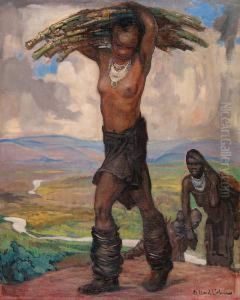
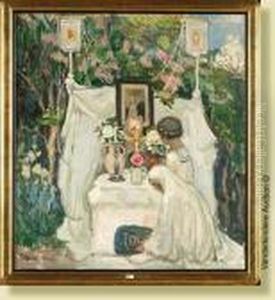
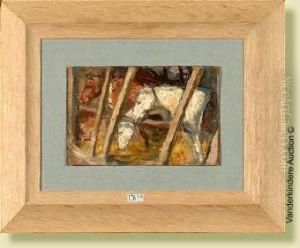
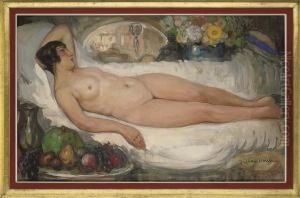
![[marche Africain]](https://www.niceartgallery.com/imgs/1727477/s/fernand-allard-lolivier-marche-africain-bfed21e9.jpg)
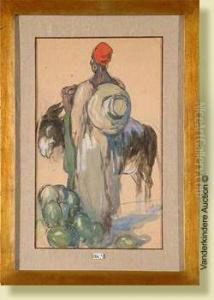
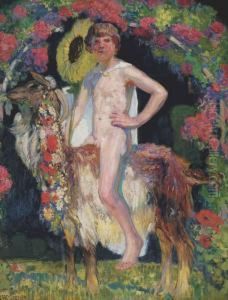
![[negresse]](https://www.niceartgallery.com/imgs/1727471/s/fernand-allard-lolivier-negresse-22312afa.jpg)
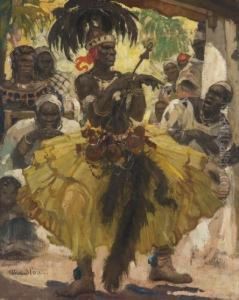
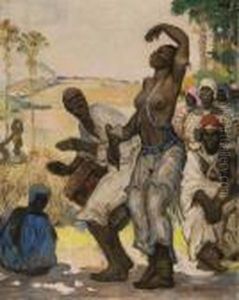
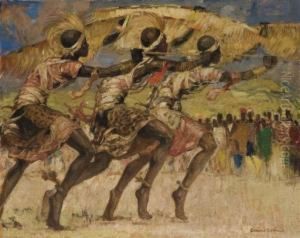
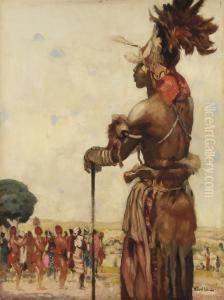
![[ Le Cirque De Gavarnie.] Huile Sur Toile, Signee En Bas A Gauche](https://www.niceartgallery.com/imgs/1727485/s/fernand-allard-lolivier-le-cirque-de-gavarnie-huile-sur-toile-signee-en-bas-a-gauche-b7c65739.jpg)
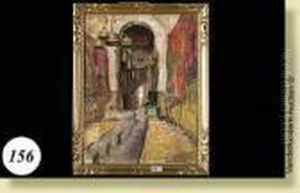
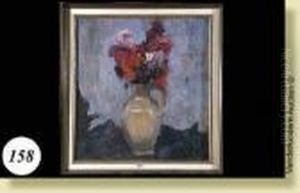
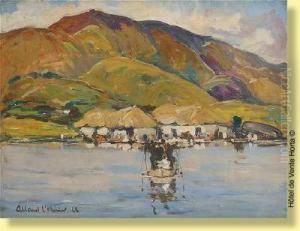
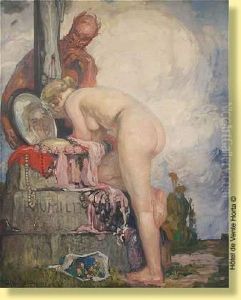
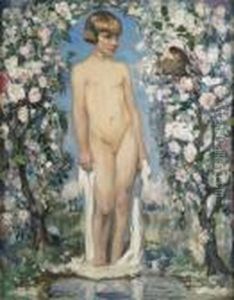
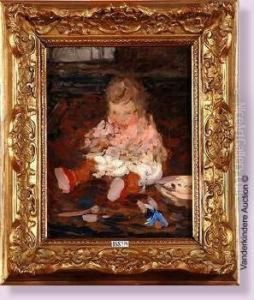
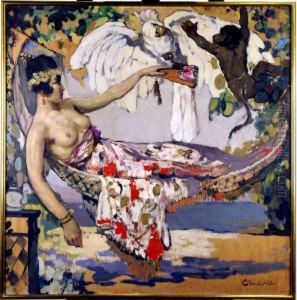
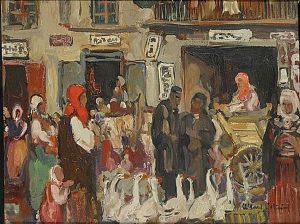
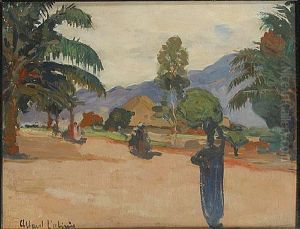
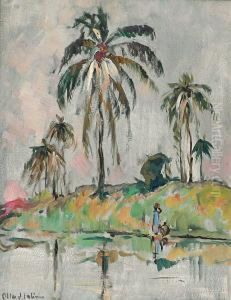
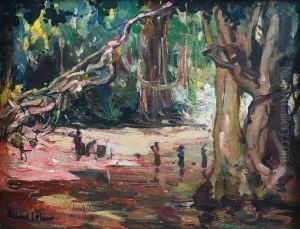
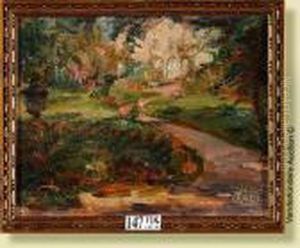
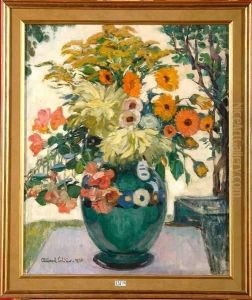

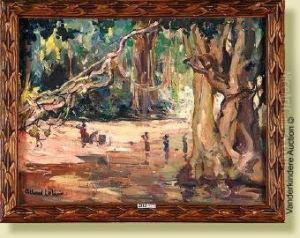
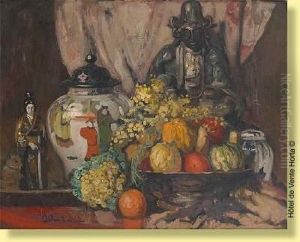
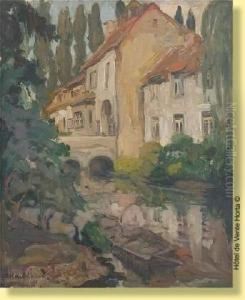

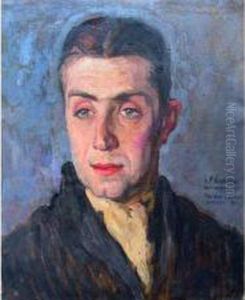
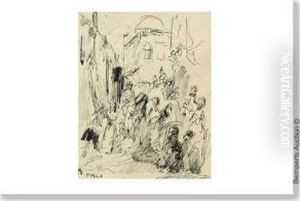

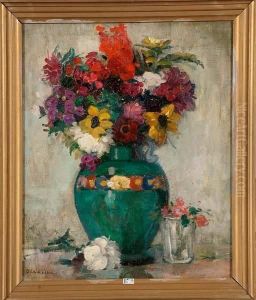
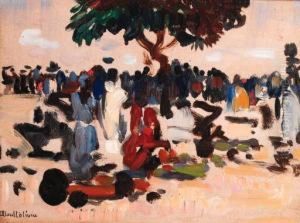
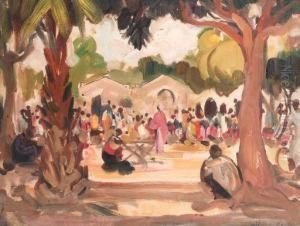
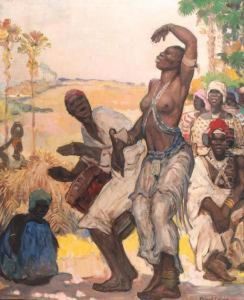
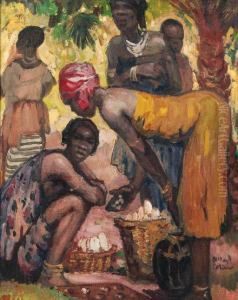
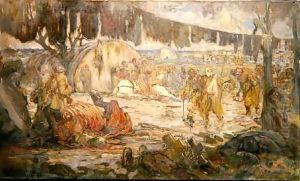
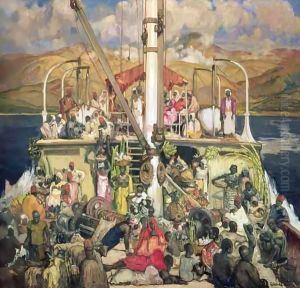

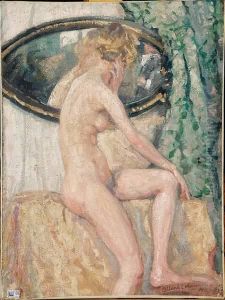
![[reunion Bucolique]](https://www.niceartgallery.com/imgs/1727490/s/fernand-allard-lolivier-reunion-bucolique-ec2be1c5.jpg)
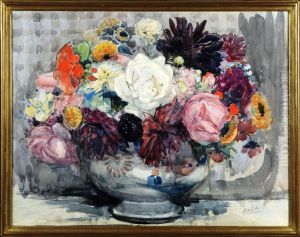
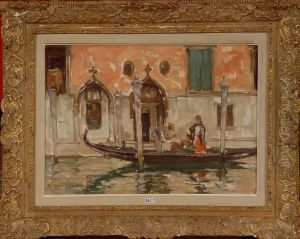
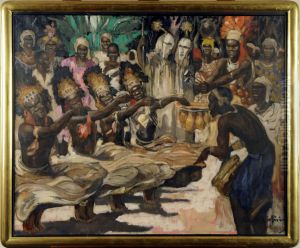
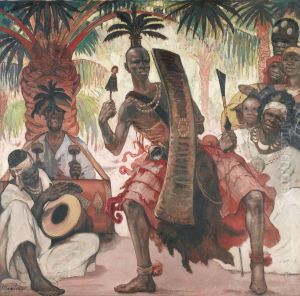
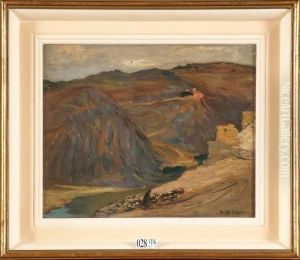
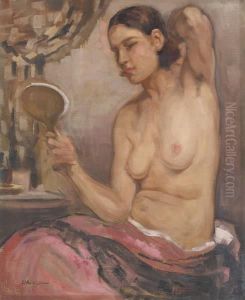

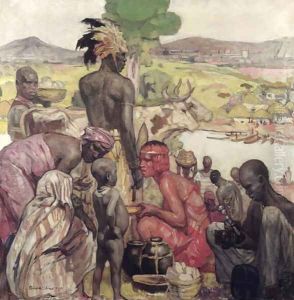
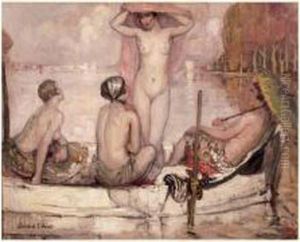
![[la Benediction Des Pecheurs, En Bretagne]](https://www.niceartgallery.com/imgs/1727489/s/fernand-allard-lolivier-la-benediction-des-pecheurs-en-bretagne-570f475e.jpg)
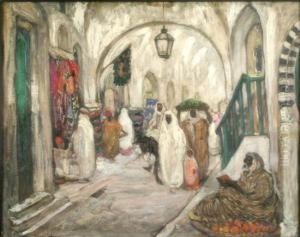
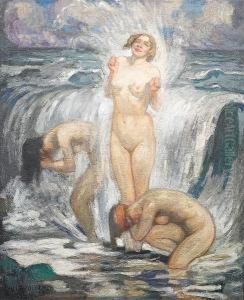
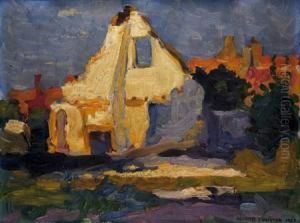
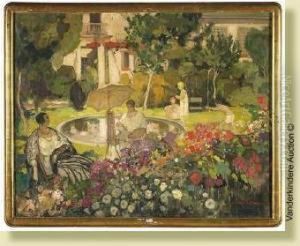
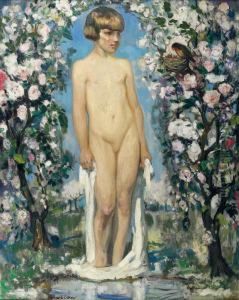
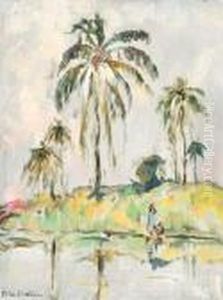
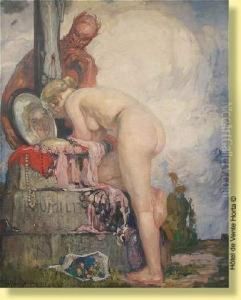
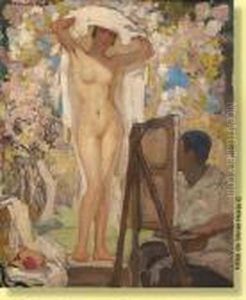
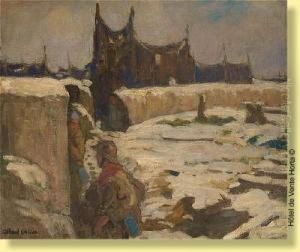
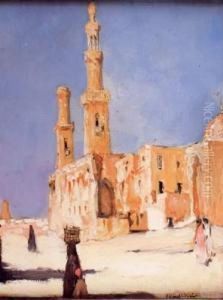
![[le Katanga]](https://www.niceartgallery.com/imgs/1727501/s/fernand-allard-lolivier-le-katanga-5caf0ff7.jpg)
